On Thursday, 22nd February 2024, the ‘Learning to fly: Entrepreneurship Research as a Living Process of Inquiry’ workshop, hosted by the The University of Liverpool Management School’s Brett Centre for Entrepreneurship took place. This innovative event was supported by the European Council of Small Business and Entrepreneurship (ECSB) event fund, and the British Academy of Management (BAM) Research Methods and Entrepreneurship Special Interest Groups
Scholars from disciplines including education, sociology, organisational behaviour and anthropology shared insights to the question of ‘how can we make inquiry into entrepreneurship more interesting and purposeful?’. For any inquirer, every moment can become the subject of their curiosity and a point of study. Exploring human practice means dealing with what is discovered through thoughtful processing and appropriate action, however, any new process of inquiry requires the questioning of:
- The relationship between ourselves and our roles as researchers, writers and practitioners
- How we enact our relationships with audiences and wider communities
- The theories and concepts we work with in meaningful ways.
Structured through a series of ‘Creative Acts’, this interactive workshop allowed participants to re-discover, re-explore and re-engage with what inquiry means to researchers, as well as uncovering practices on what it means to be curious, and whether and how researchers view entrepreneurship as a field of inquiry. As well as challenging conventional canons of entrepreneurship scholarship, an opportunity was provided to develop a more contextual and processual account of different methods of inquiry in social sciences.
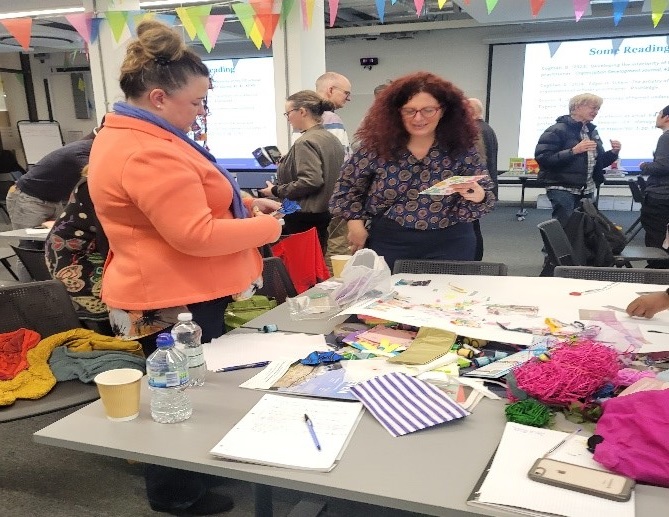
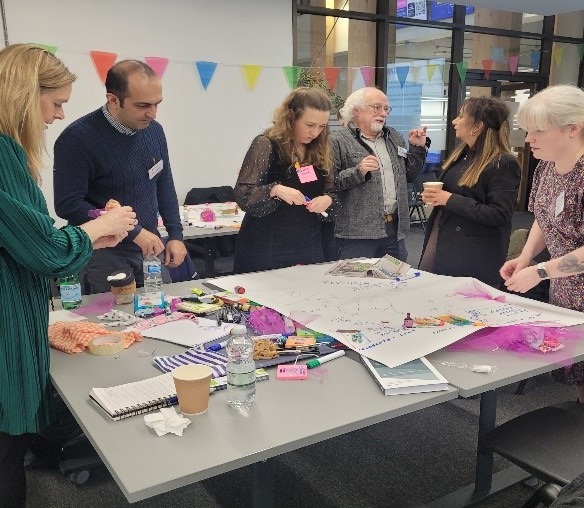
Professor Pamela Burnard from University of Cambridge delivered an interactive session on voicing a plurality of creativities and dancing between entrepreneurship and studious play. Professor David Coghlan from Trinity College Dubin, delivered a session entitled ‘Putting the knower back into knowing, the practitioner back into practice, the researcher back into research and the entrepreneur back into entrepreneurship’. Professor Andrew Irvine from University of Manchester took participants to the outdoors where they engaged in a walking ethnographic experience. Professor Sophie Wooward from University of Manchester presented on object-based methods and using material methods and approaches as a form of creative methodology, drawing from art, and design based disciplines to research with things. The day drew to a close with Dr. Alexandra Bristow from The Open University, who presented on ‘doing’ our academic careers differently, taking us through visual portraits of academic life.
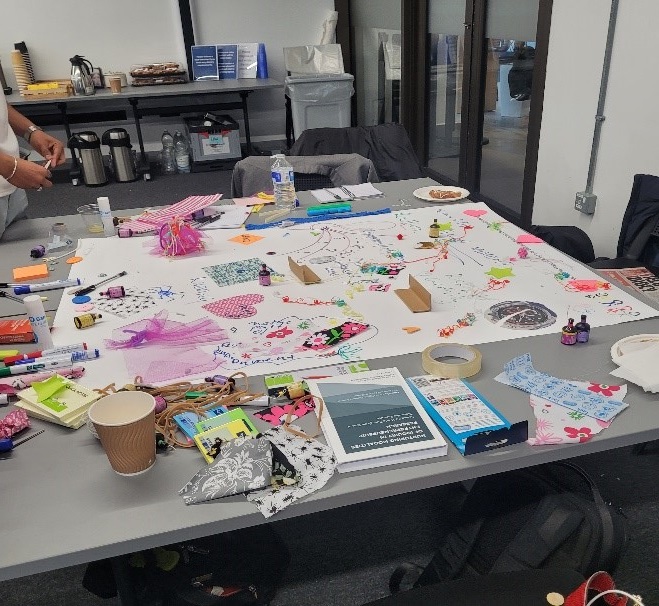
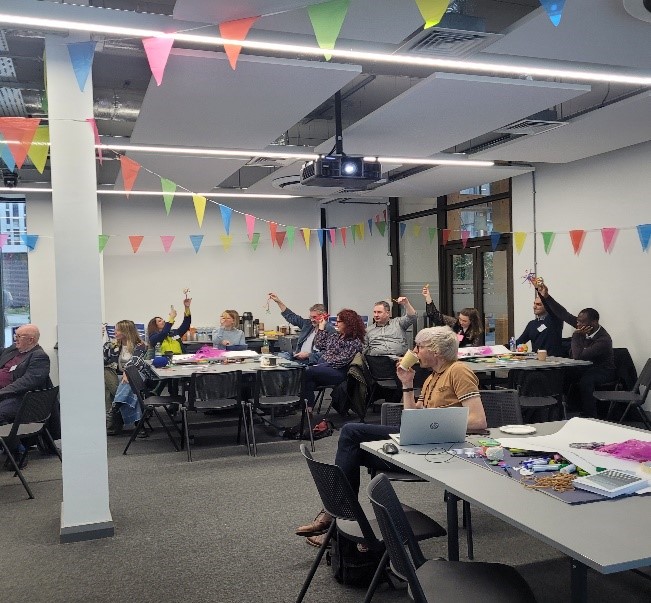
The event was organised and led by Dr. David Higgins from the University of Liverpool Management School. The day was captured via a series of ‘bricolage’ sessions, that was modelled on a pilot at the University of Strathclyde, as part of the Erasmus+ TrEE (Transforming Enterprise Education) project. These sessions were facilitated by Professor Mark Saunders from the University of Birmingham, Dr. Fariba Darabi from Bangor Business School and Trudie Murray from Munster Technological University. The workshop was attended by PhD candidates, early, mid and late career researchers, all seeking to discover and explore different methods of inquiry for Entrepreneurship Research. The event inspired participants to think critically and engage reflexively with their own research practice, in a session where multiple voices were able to find a space and talk to each other.
Author: Dr. David Higgins, University of Liverpool Management School

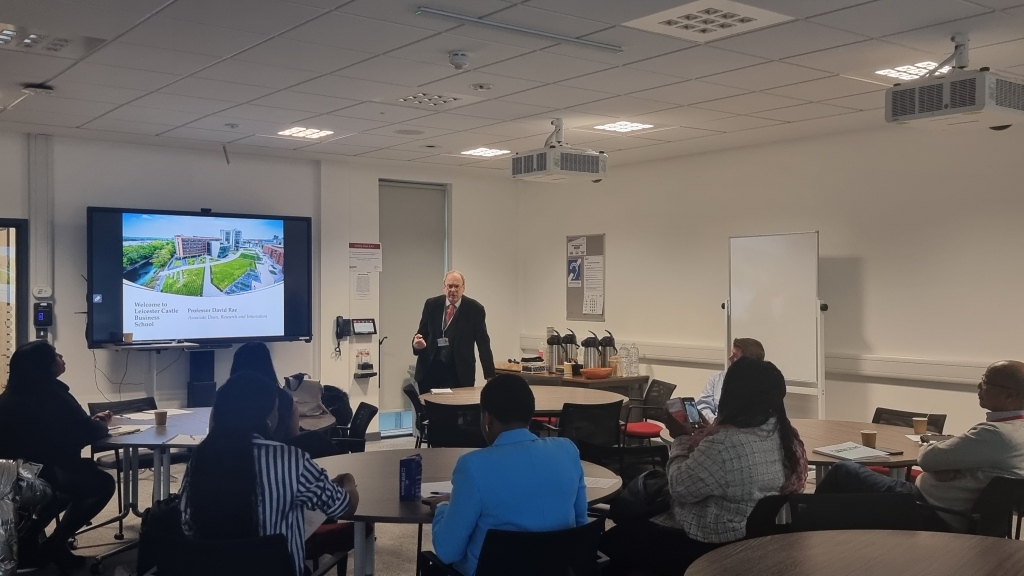

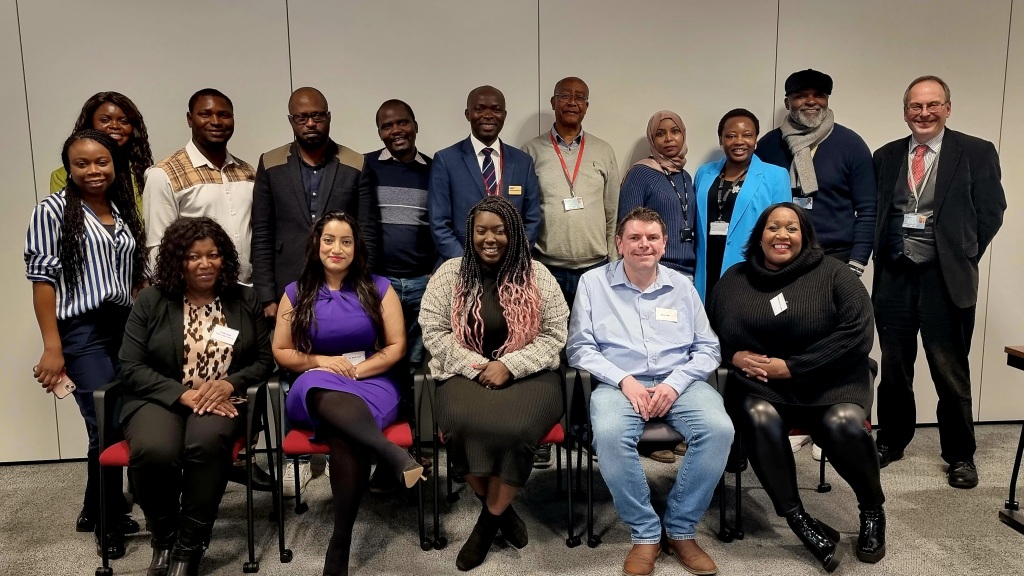

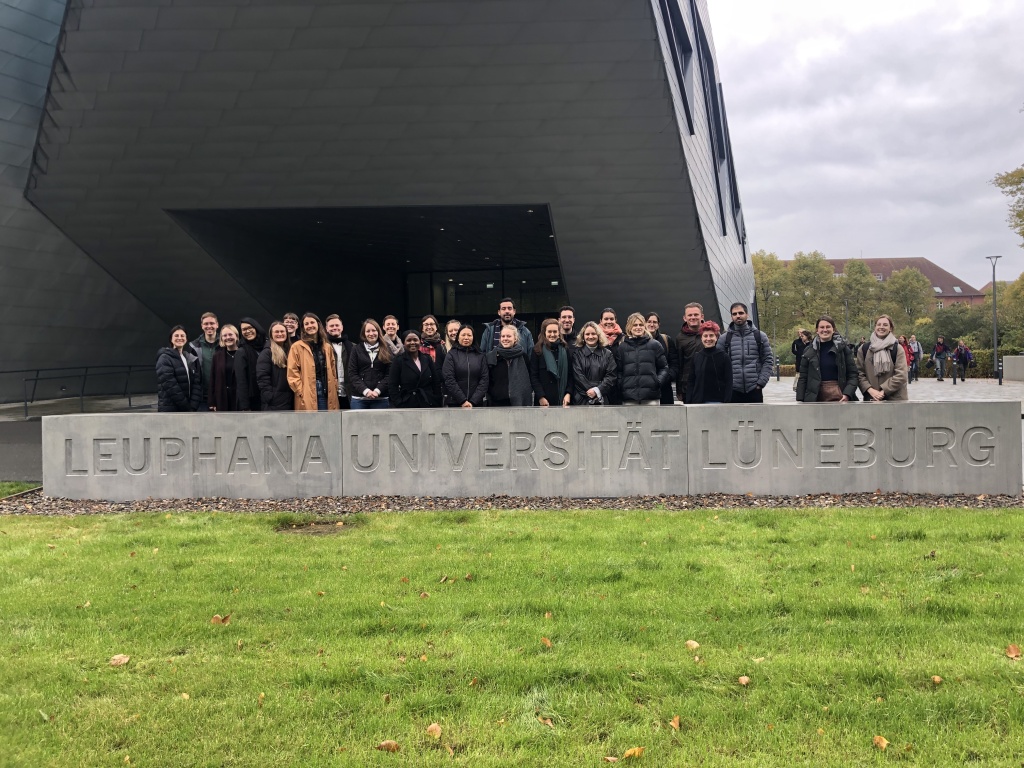

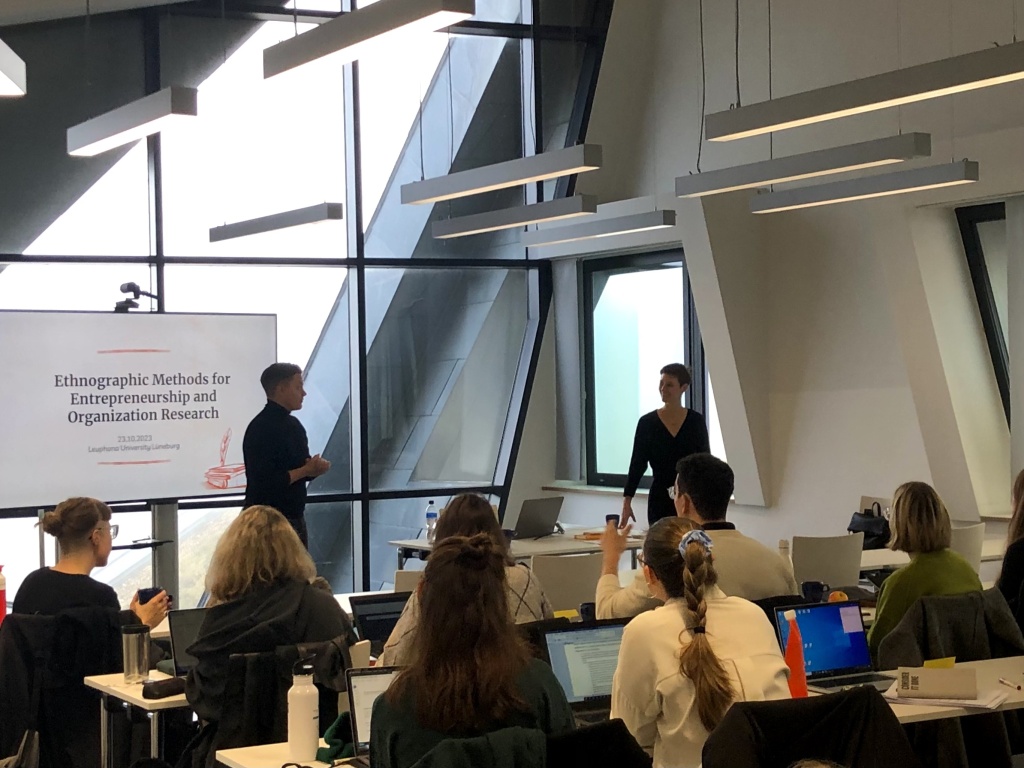
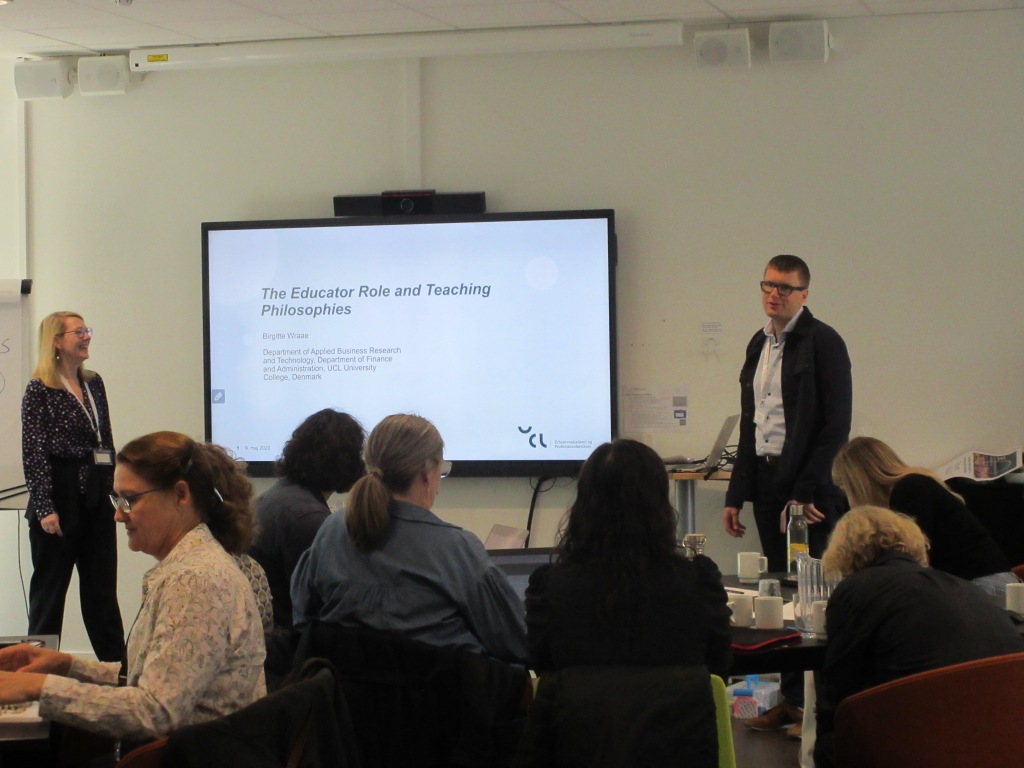

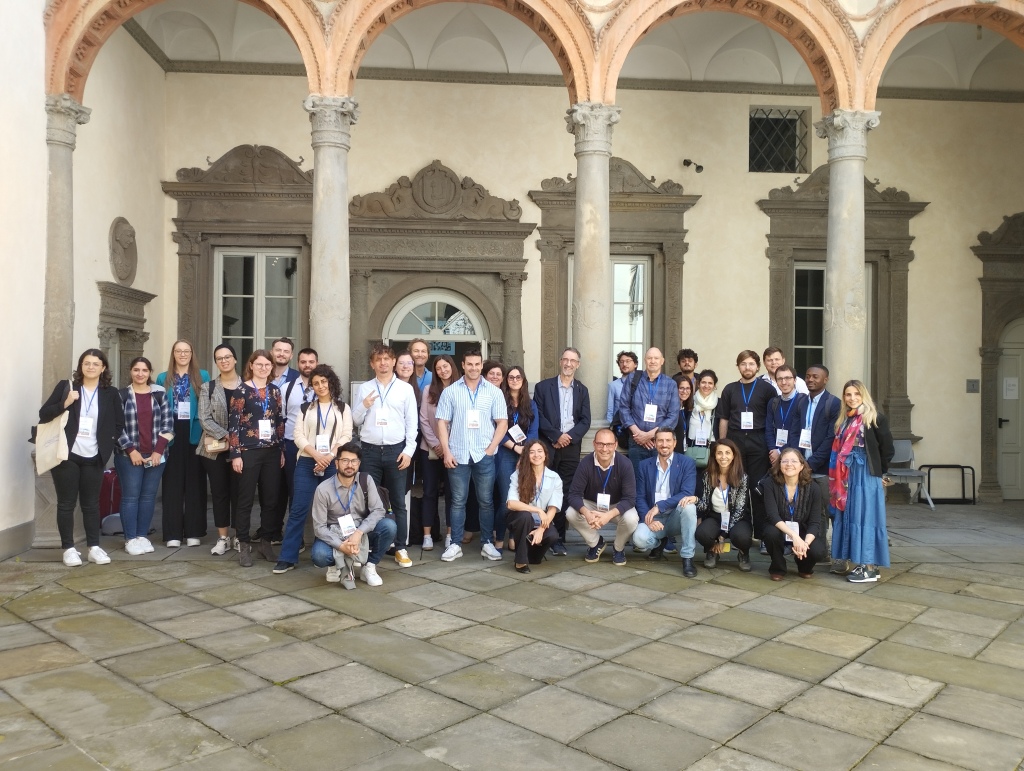
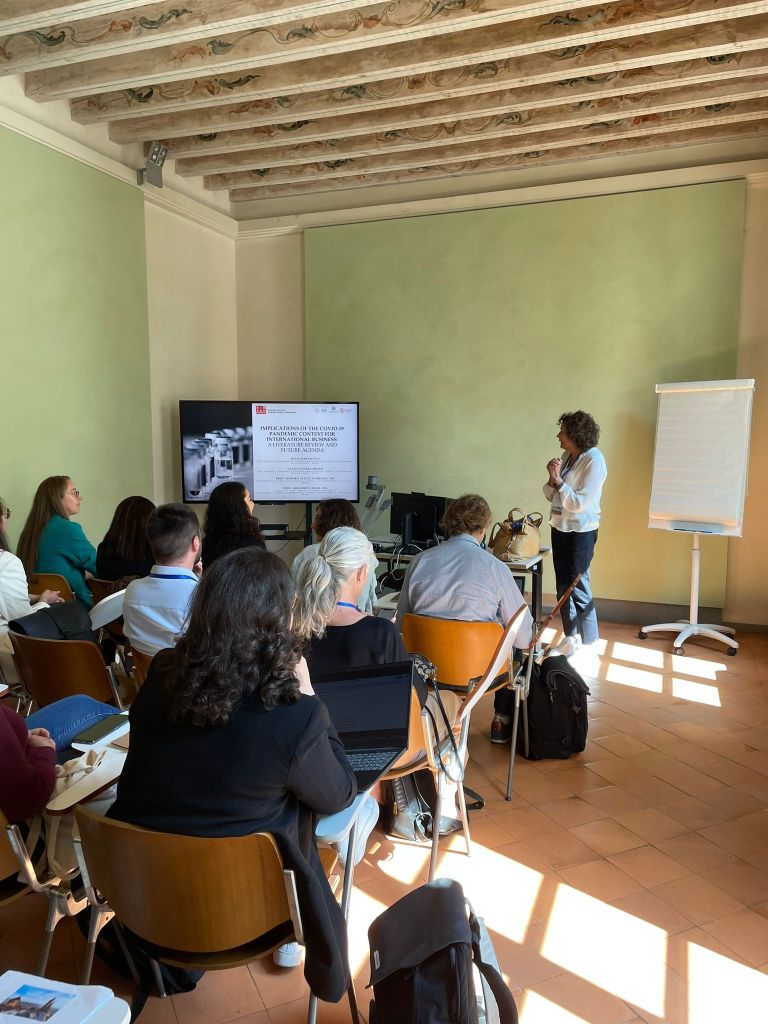
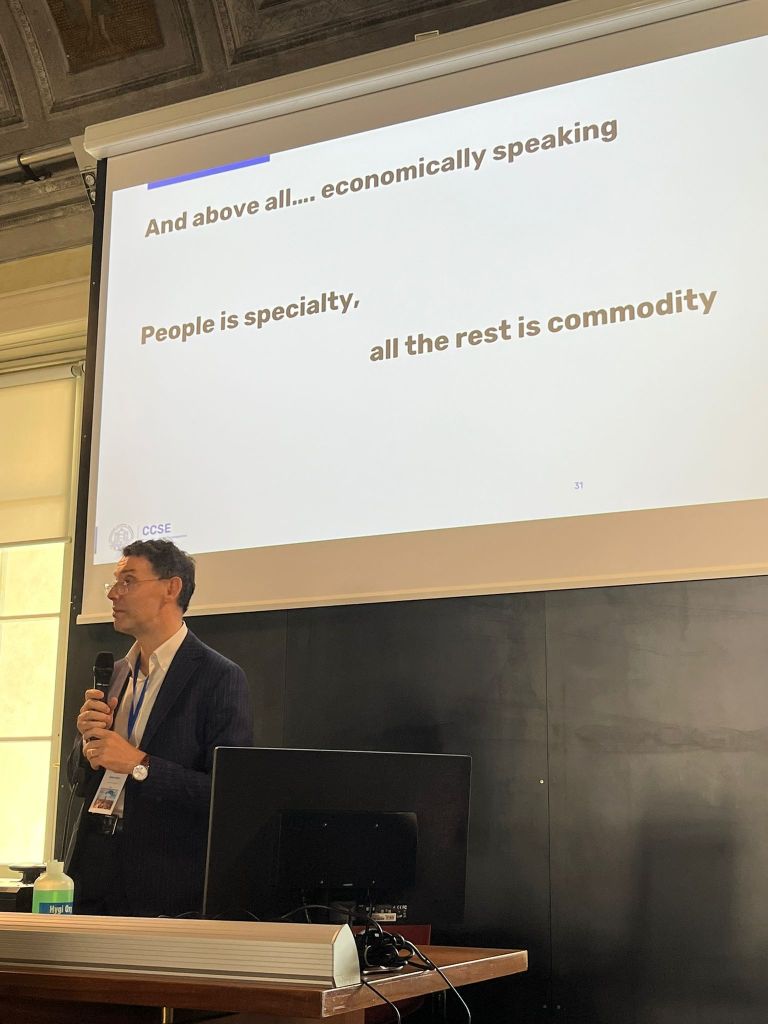
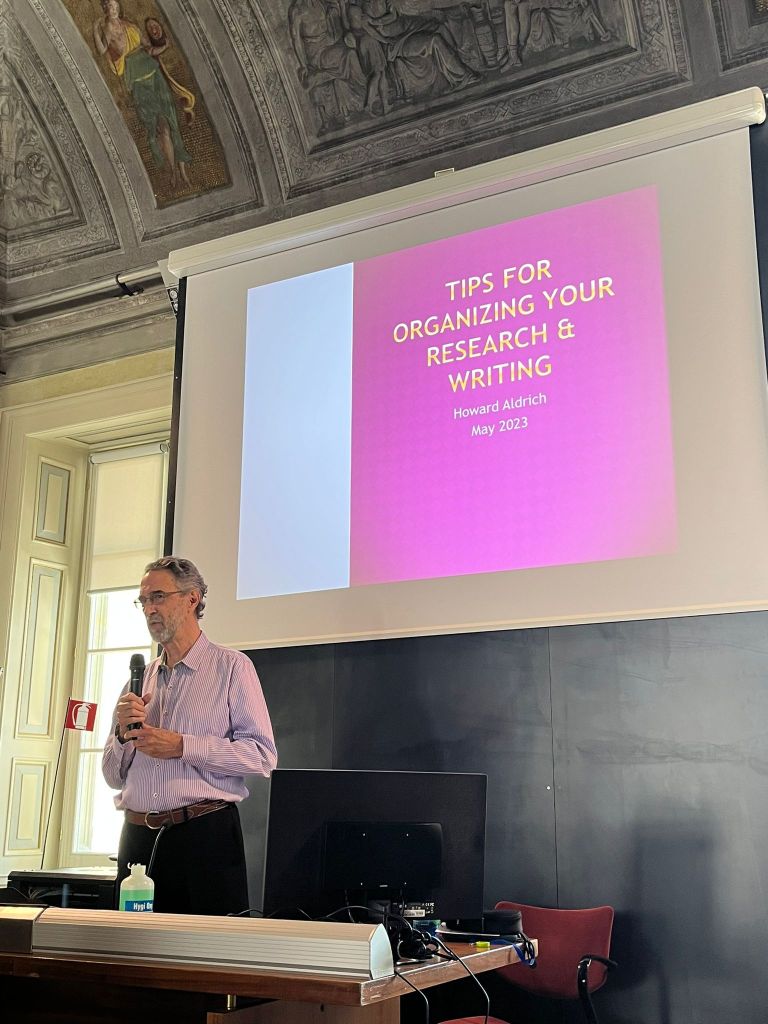
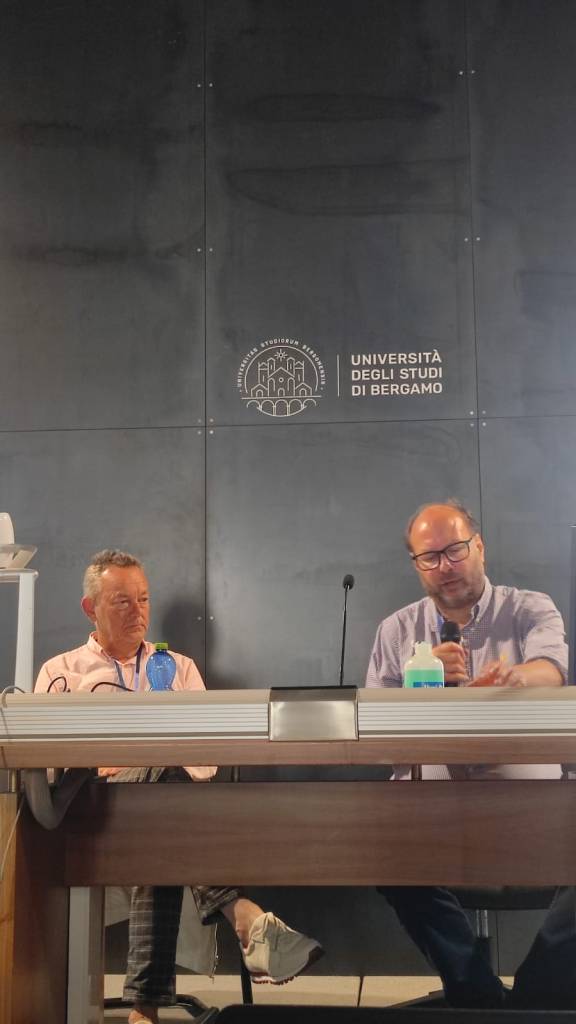
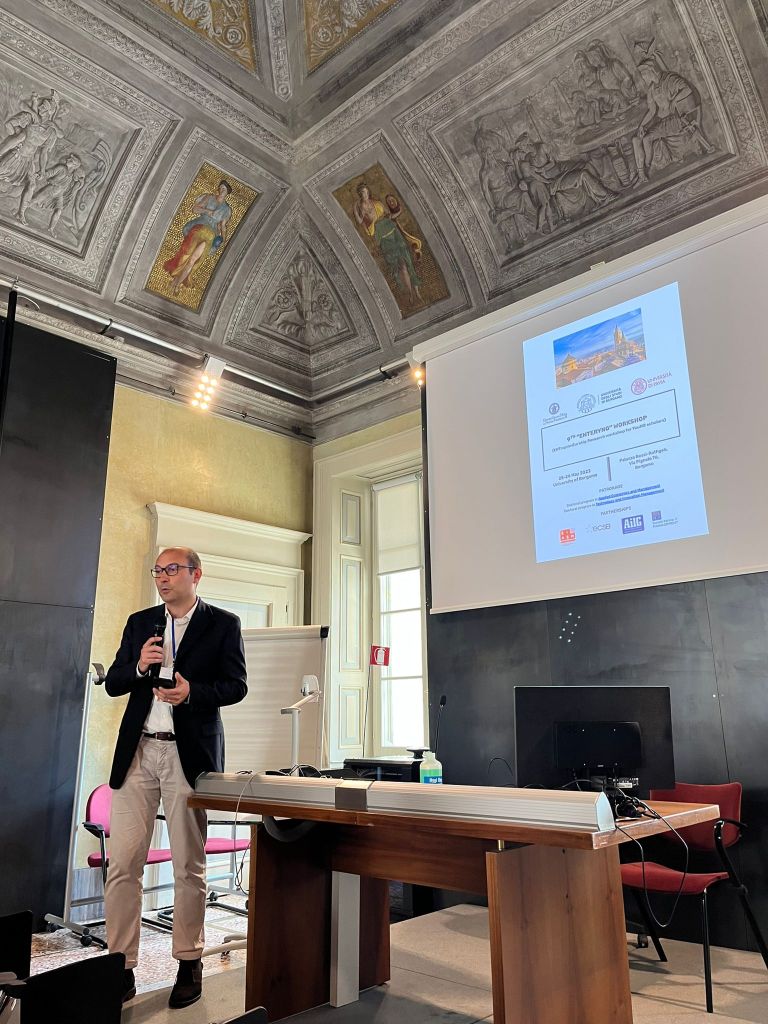
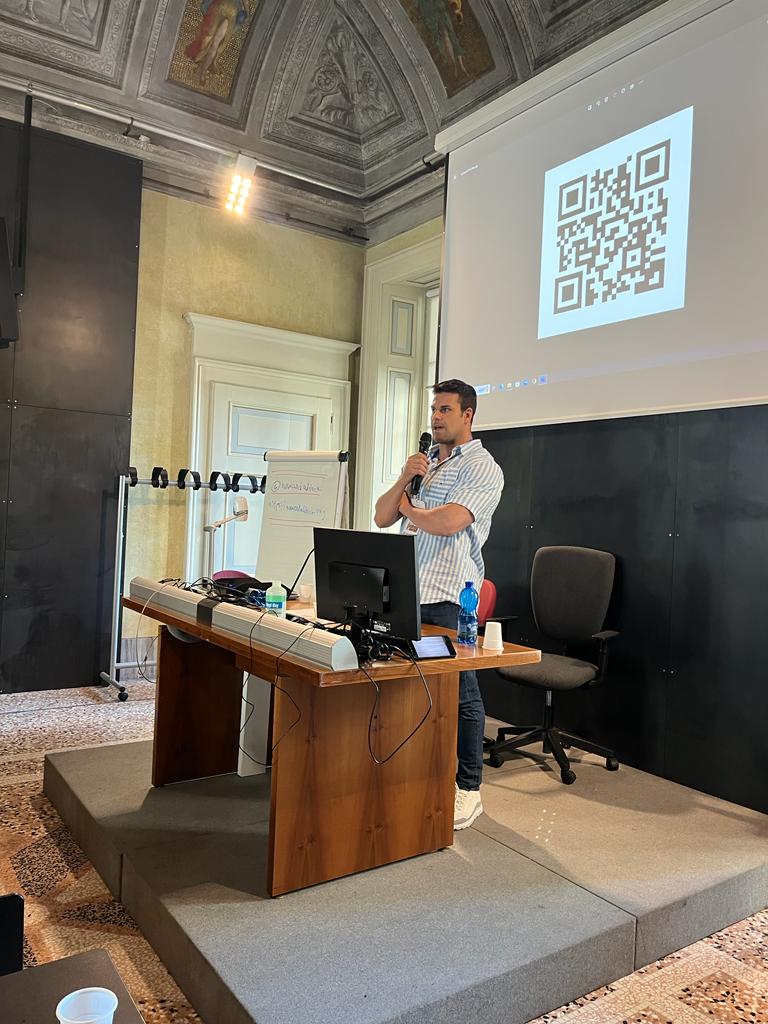
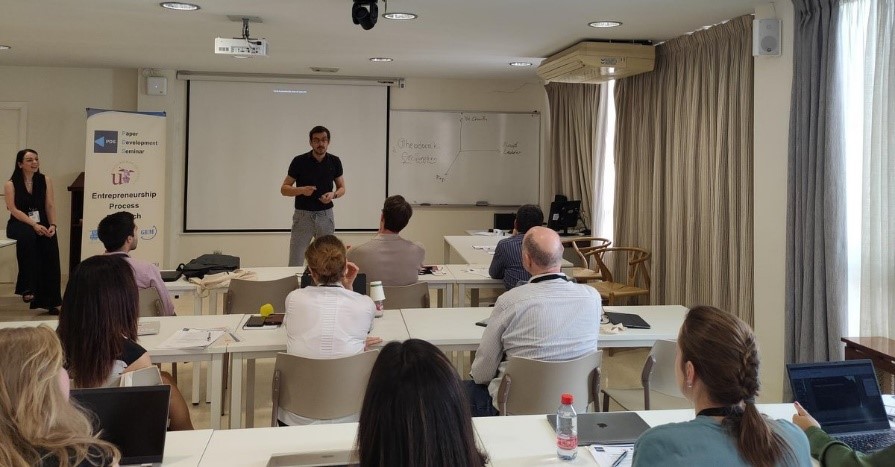
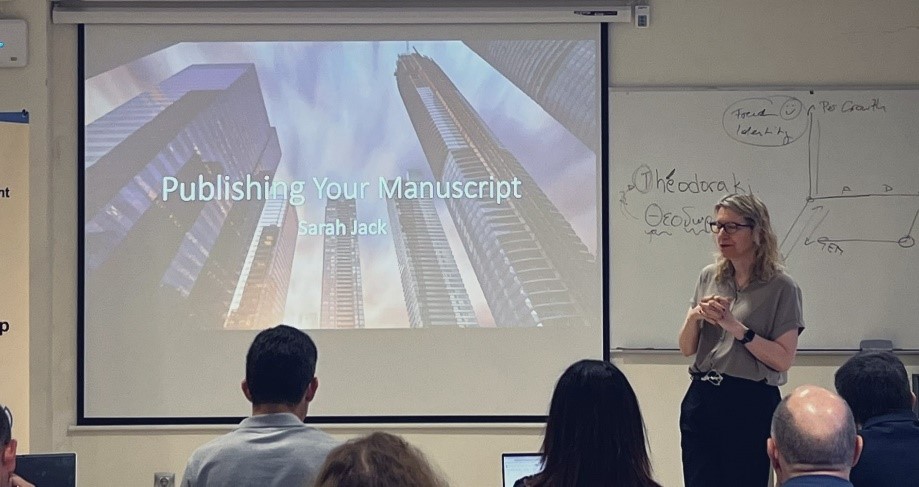
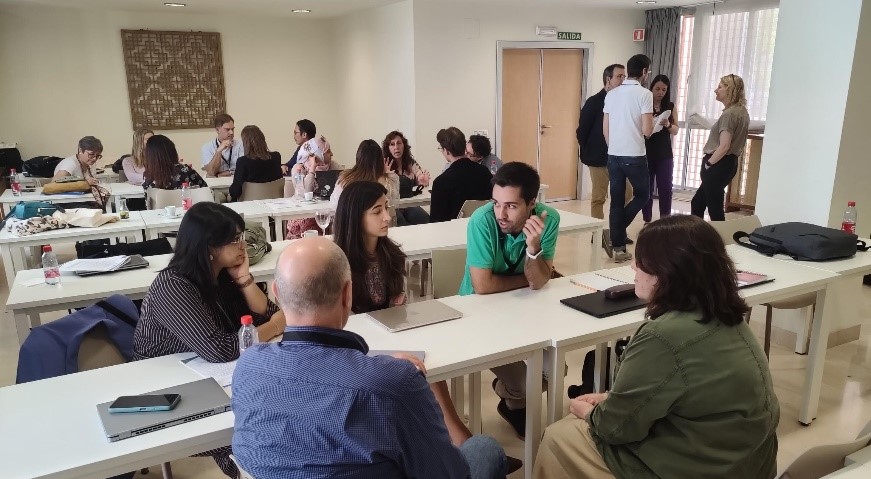
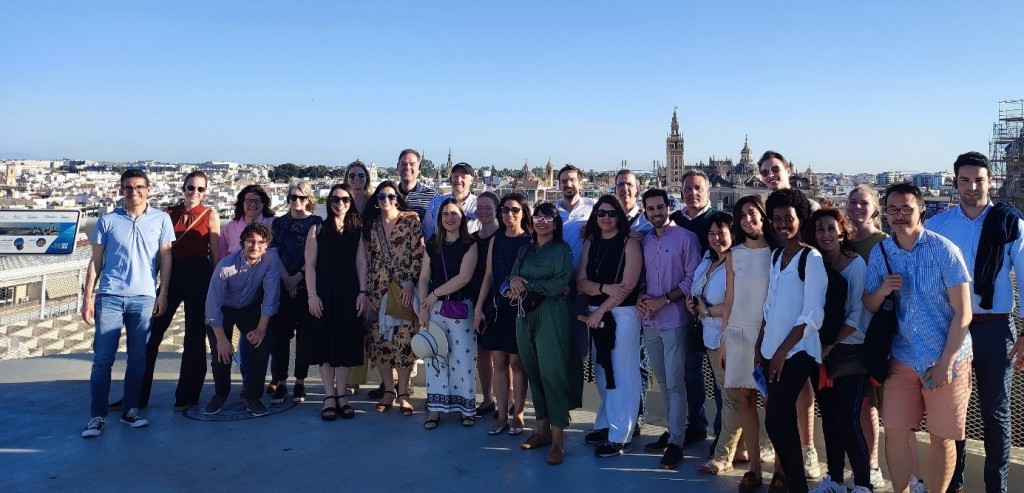
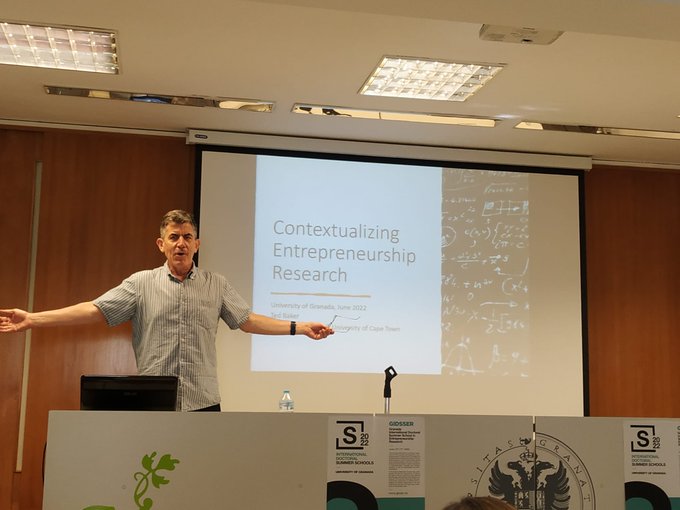
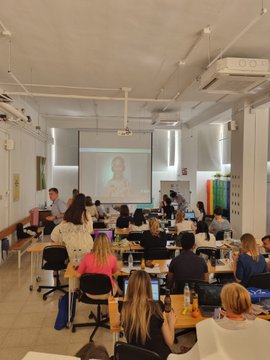


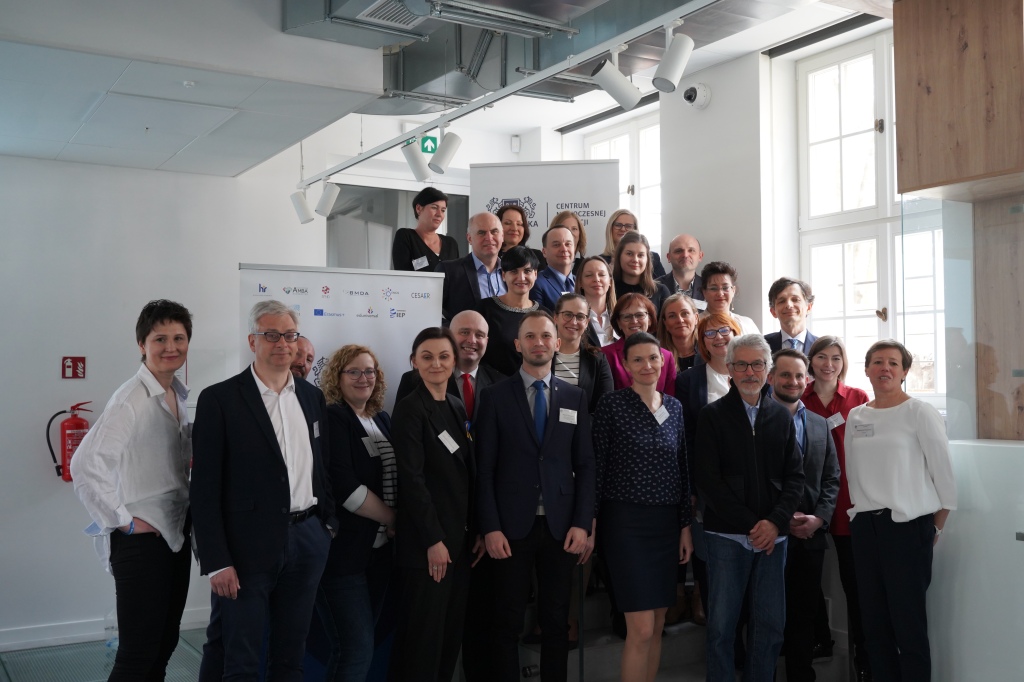
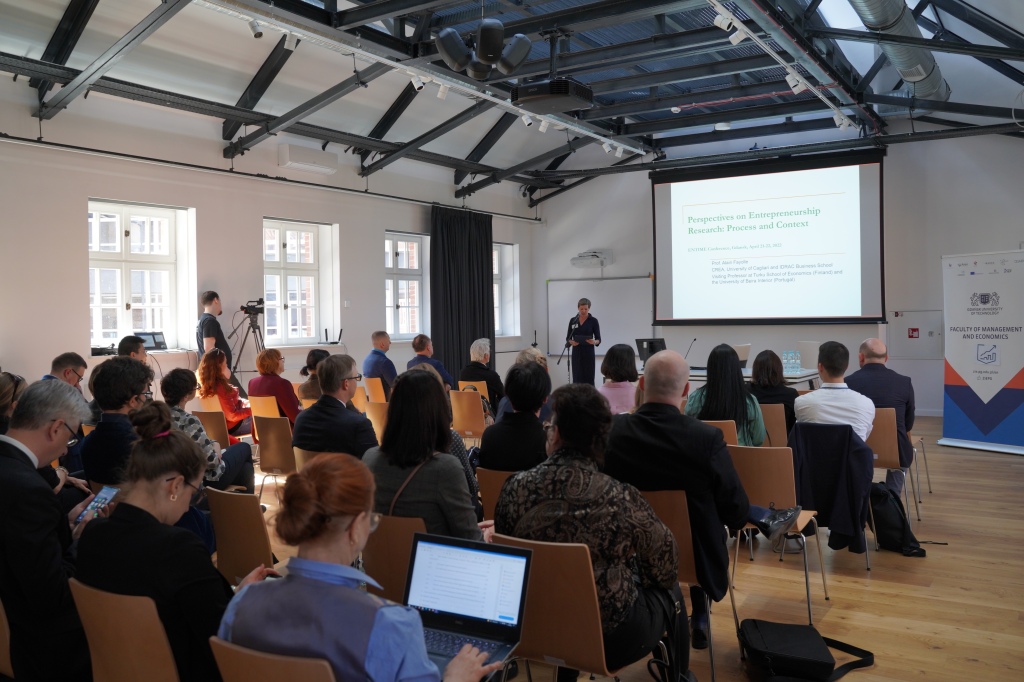
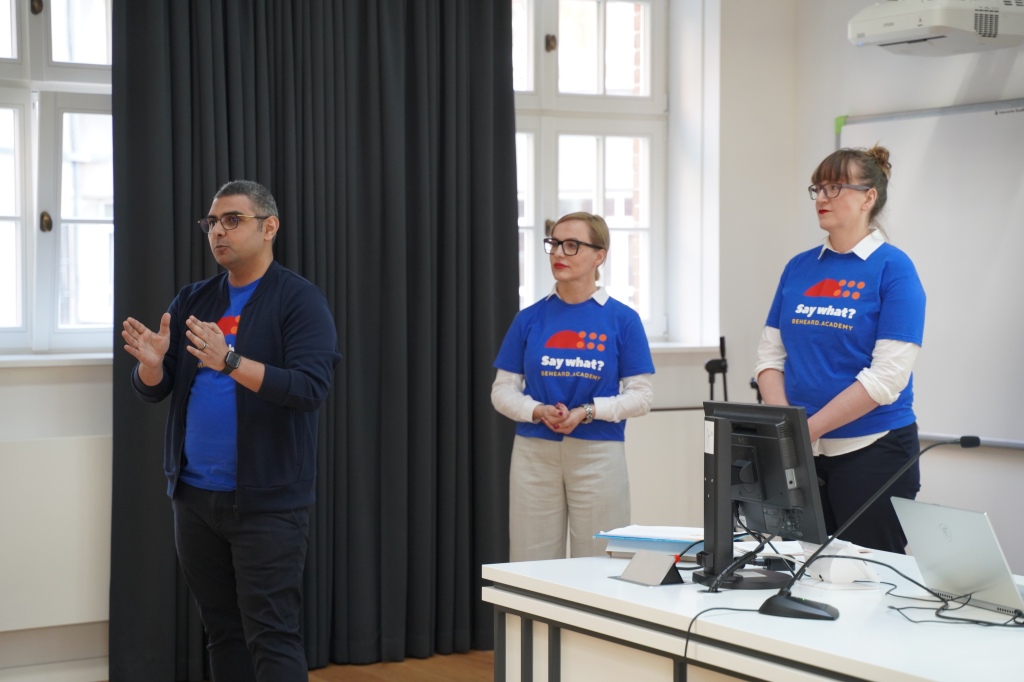
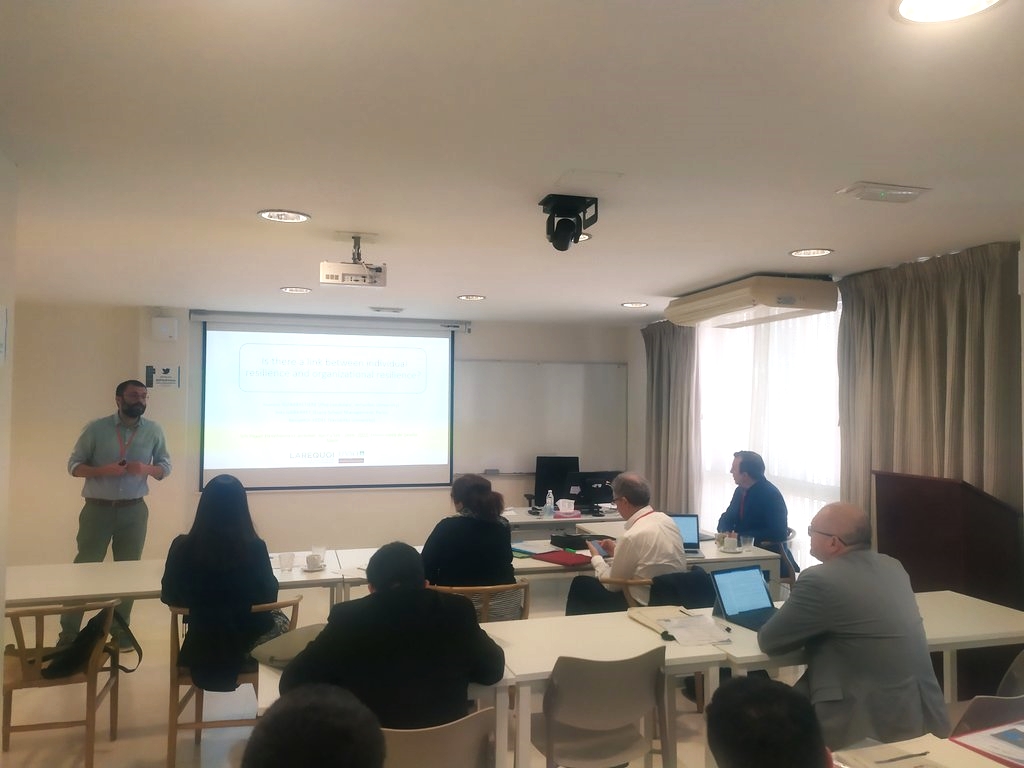
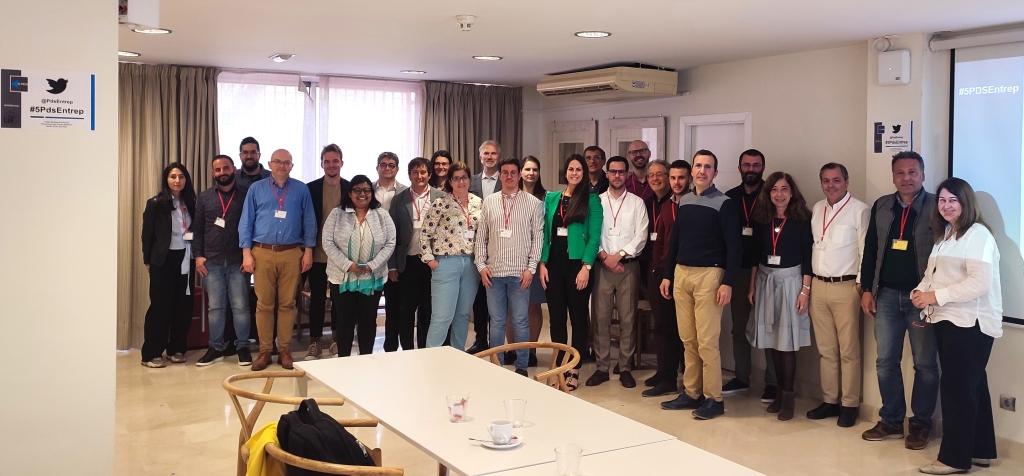
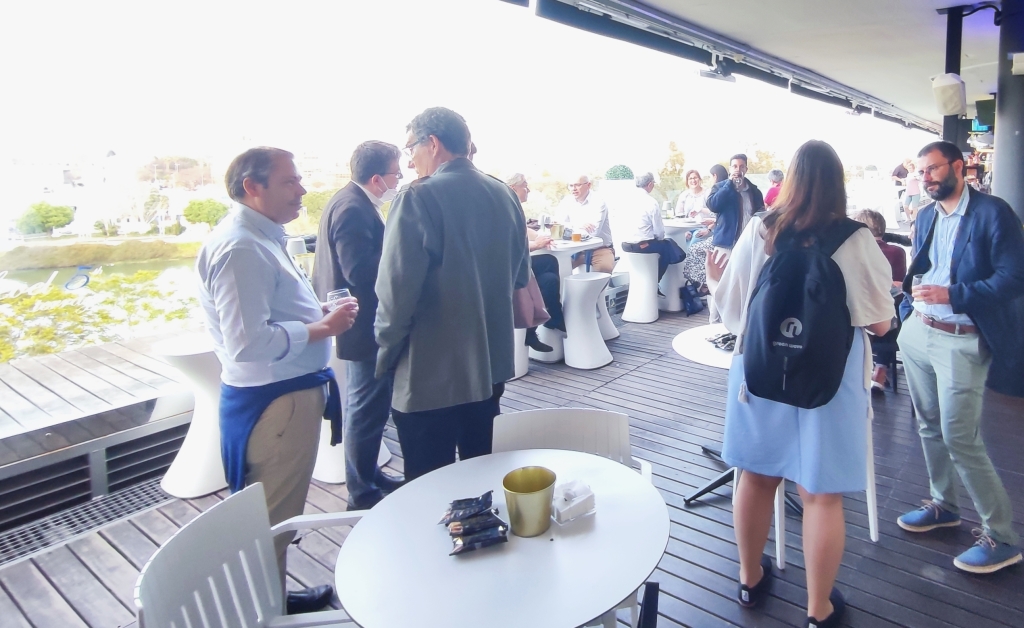
You must be logged in to post a comment.